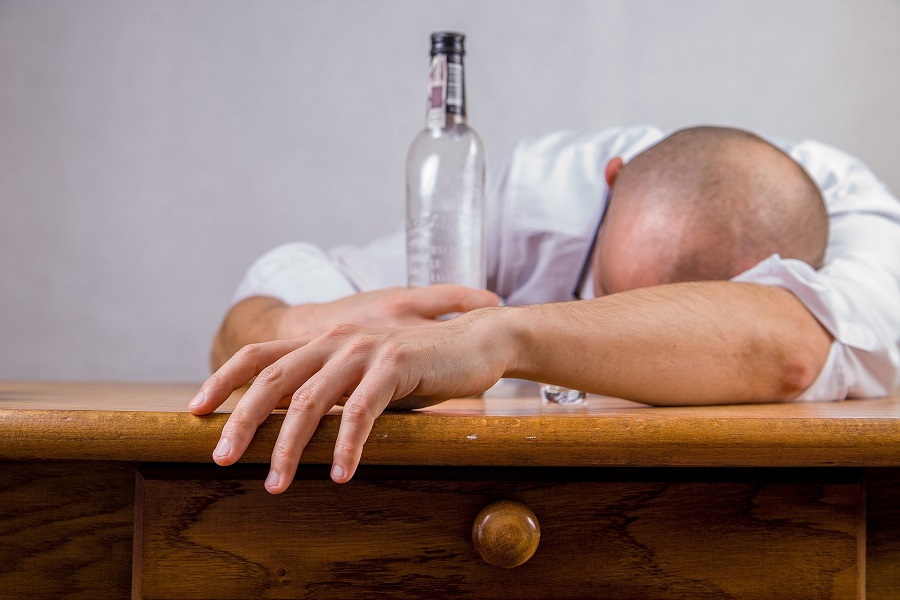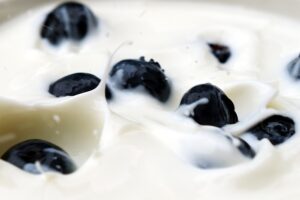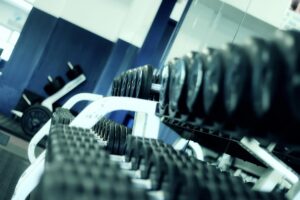The Impact of Alcohol Consumption and Bodybuilding
Bodybuilding is a discipline that demands dedication, consistency, and a focus on maintaining peak physical performance. While athletes in this field meticulously regulate their diets and training routines, the effects of alcohol and bodybuilding have long been a topic of debate. In this article, we will explore the various ways in which alcohol can impact bodybuilders, from its effects on muscle growth and recovery to its impact on overall health and performance.
Alcohol and Bodybuilding for Muscle Growth
One of the primary concerns for bodybuilders is how alcohol affects muscle growth. Alcohol is known to have a detrimental impact on protein synthesis, a crucial process for muscle repair and growth. When you consume alcohol, it interferes with the body’s ability to synthesize protein efficiently. This means that the hard-earned gains bodybuilders work so diligently to achieve may be compromised by alcohol consumption.
Furthermore, alcohol can lead to dehydration, which is detrimental to muscle function. Dehydrated muscles are more susceptible to injury and may not function optimally during workouts. Proper hydration is essential for muscle recovery and overall performance, making alcohol’s dehydrating effects a significant concern for bodybuilders.
Performance and Recovery
Alcohol’s impact on athletic performance is multifaceted. While moderate alcohol consumption may not significantly affect strength and performance for occasional drinkers, heavy drinking can lead to reduced strength, coordination, and endurance. This is due to alcohol’s depressant effects on the central nervous system.
Another important aspect of bodybuilding is recovery. After intense workouts, the body needs to repair and rebuild muscle tissue. Alcohol can interfere with this process by disrupting sleep patterns. Many bodybuilders emphasise the importance of quality sleep for muscle recovery and overall health. Alcohol can reduce the quality of sleep, leading to less effective recovery, diminished performance, and increased fatigue.
Nutrient Absorption
Alcohol consumption can also impair the body’s ability to absorb essential nutrients. For bodybuilders, proper nutrition is critical, and alcohol can hinder the absorption of important vitamins and minerals. In particular, alcohol can interfere with the absorption of B vitamins, which play a crucial role in energy production and overall health. This can lead to deficiencies that negatively impact a bodybuilder’s performance and well-being.
Calorific Impact of Alcohol and Bodybuilding
Alcoholic beverages often contain a significant number of calories. These empty calories offer little to no nutritional value. Consuming alcohol can lead to excess calorie intake, which can result in weight gain if not properly managed. For bodybuilders aiming to maintain a specific body composition and calorific intake, excessive alcohol consumption can make it difficult to meet their dietary goals.
Alcohol and Hormones
Alcohol can also affect hormone levels in the body. It can lead to an increase in cortisol, a stress hormone, and a decrease in testosterone, a hormone crucial for muscle growth. The imbalance in these hormones can lead to muscle loss and hinder the recovery process. Additionally, alcohol can negatively impact insulin sensitivity, which is essential for regulating blood sugar levels. Impaired insulin sensitivity can contribute to fat gain and hinder muscle growth.
The Importance of Moderation
While the above points highlight the potential negative effects of alcohol on bodybuilders, it’s important to note that moderation is key. Occasional, moderate alcohol consumption may not have a significant impact on muscle growth and overall health. However, heavy and frequent drinking is more likely to lead to the problems discussed above.
If bodybuilders choose to consume alcohol, they should do so in moderation and be mindful of the timing of their alcohol consumption in relation to their training schedule. Staying hydrated, maintaining a balanced diet, and ensuring adequate sleep can help mitigate some of alcohol’s negative effects.
Conclusion
The effects of alcohol and bodybuilding – alcohol consumption has a profound effect on bodybuilders, impacting muscle growth, performance, recovery, and overall health. Alcohol’s interference with protein synthesis, dehydration, and disruption of sleep patterns can hinder a bodybuilder’s progress. Additionally, alcohol’s impact on nutrient absorption, hormone levels, and caloric intake can pose challenges to achieving fitness goals.
For bodybuilders, the decision to consume alcohol should be made with careful consideration of the potential consequences. Moderation is key, and individuals should be aware of the impact of alcohol on their specific goals and training routines. Ultimately, prioritizing a balanced and healthy lifestyle, which includes mindful alcohol consumption, is essential for success in the world of bodybuilding.



